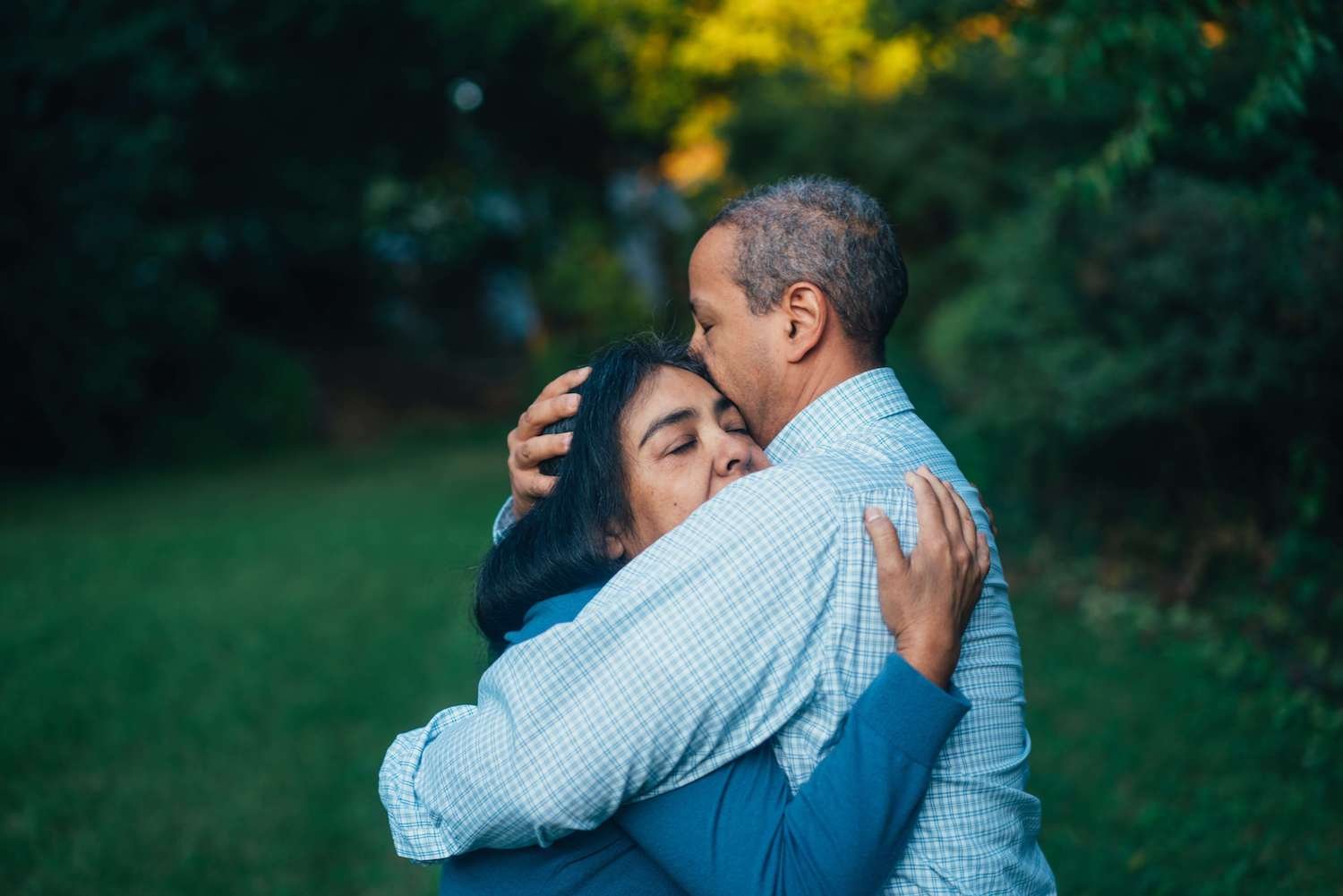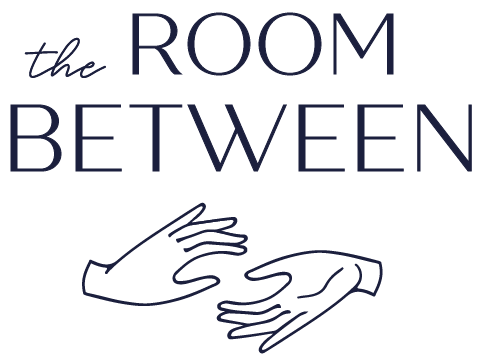The Room Between –It’s about what happens between us
Often, when thinking about our personal stories we may view ourselves from one particular perspective.
We might miss alternatives and exceptions which allow for hope and unexplored potential. As experienced clinical psychologists, we want to make room for alternative ways of viewing your situation and make connections that are personally meaningful so you that you can live, and relate, fully.
We are particularly informed by attachment theory and use a trauma informed approach. This means that we think that our experiences, resources, and relationships fundamentally affect how we relate to ourselves, our feelings and others.
Some of our experiences and relationships can leave us feeling uncomfortable both within ourselves and in our relationships with others. We might struggle to be open, vulnerable, compassionate and curious. We might sometimes feel emotionally overwhelmed and try to cope by disconnecting. This might include escaping into our phones, work, exercise, food, having arguments, sex or drinking.
Sometimes we repeat patterns in relationships because they feel familiar. For some of us this might include people pleasing, being controlling or trying to rescue others. However, what is familiar isn’t always good for us and might not fit with how we want to be, feel or relate now.
Frequently our ways of coping have developed because at one point they would have helped us to survive – perhaps offering us ways of managing our pain and distress when we had no other means available.
Sometimes our ways of coping can become problematic when they start to impact the quality of our lives and lead us to taking actions which are not in line with our values.
We would like to support you to develop ways of coping, and relating, that fit with your values, promote increased self-worth and improve the quality of your relationships. We seek to help you understand your ways of coping non-judgementally.
You may choose to do this work with us alone or with your partner(s) or family members.
An important part of our work with you includes safety, consent and pacing. This means that we want to help you feel connected to the present, and safe enough within the therapeutic relationship to say what you do and don’t want to focus on. It is our job to check out with you if we have permission to discuss any issues, to help you develop ways of coping and work at a pace that feels right for you.
If you have experienced a distressing or overwhelming experience it will be important for you to know how we will try and look after you in relation to this within therapy. As such we follow Pierre Janet’s recommendations of a three phase model of trauma therapy.
The first phase is “safety and stabilisation” and includes helping you feel grounded and safe in the present. This can include helping you to connect to the present using your senses, optimising your self-care and emotion regulation skills as well as helping you work on your current relationships-with yourself and others. Some people find that they are happy with the changes they have made in this phase and may choose not to participate in the second phase which is the processing of distressing experiences. The third phase is called “integration” and this happens across all stages of trauma therapy where we help you apply what you have been learning in phase one and two into your day-to-day life.




We provide support to a diverse range of people
We can all be impacted by the society and culture(s) we live in. This can affect how we relate to ourselves and others.
For example, how we feel about our bodies, relationship status, or abilities. We may feel judged, judge ourselves, and perhaps others, in relation to factors such as gender, mental health, fertility, sexual practices, belief systems, lifestyle, and ethnicity. Within therapy it will be important for us to attend to the different aspects of your context, and identity, including what you feel able to express and why.
As trained clinical psychologists, we have years’ of experience helping a variety of clients, in many different and unique situations.
We work with individuals, couples, multiples, families and groups. People who live alone or cohabit. We are experienced in working with people who live away from their family and culture of origin.







We provide support to a diverse range of people
We can all be impacted by the society and culture(s) we live in. This can affect how we relate to ourselves and others.
For example, how we feel about our bodies, relationship status, or abilities. We may feel judged, judge ourselves, and perhaps others, in relation to factors such as mental health, sexual practices, belief systems, lifestyle and ethnicity. Within therapy it may be important for us to attend to the different aspects of your context, and identity, including what you feel able to express and why.
We work with individuals, couples, multiples, families and groups. People who live alone or cohabit. We are experienced in working with people who live away from their family and culture of origin.


We want The Room Between to offer a space where you are seen in context with the different parts of your life and identity respected and viewed as interconnected – it’s never about what’s wrong with us but what’s happened to us.
Come and meet me and the rest of the team
Jane Major
CLINICAL PSYCHOLOGIST

“An important question in mental health shouldn’t be “What’s wrong with you?” but, rather, “What’s happened to you?” Eleanor Longden
